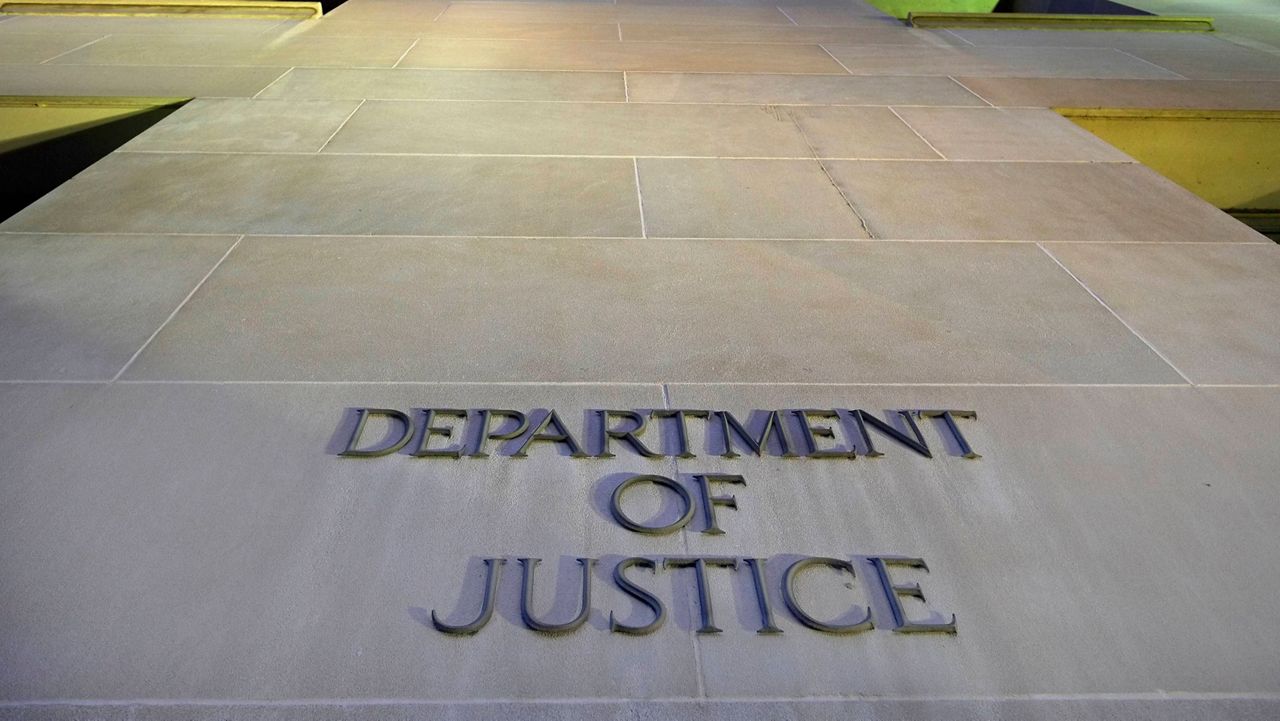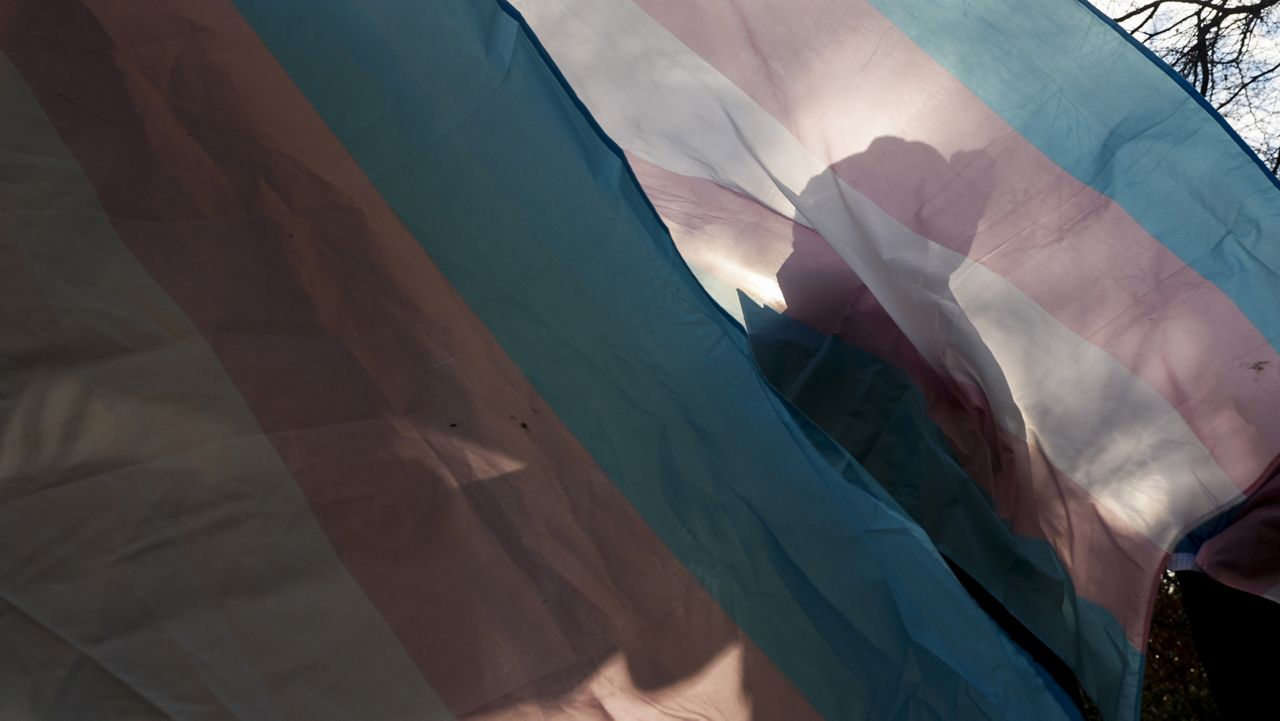LOS ANGELES — Three years ago, Cambodian refugee Sithy Bin never thought he would be spending his weekends mentoring former prisoners. That’s because he was sitting behind bars, serving two life sentences for his involvement in a gang shooting.
“During my time in prison, there was an aha-moment, where I realized that harm that I caused in the community and the destruction, and I had gone through a spiritual transformation where I wanted to give back,” he said.
Bin was granted parole after serving 15 years of a 40-years-to-life prison sentence, released just as the COVID-19 pandemic started and had a tough time finding a job.
“A question would pop up, like, ‘Why is there a gap in your work history?’” he said. “And I would have to explain that, and it can be challenging because I would have to bring up the fact that I was incarcerated.”
It wasn’t until a nonprofit called Friends Outside Los Angeles — which provides services to prisoners, former prisoners and families of people who are incarcerated — gave him a chance to work as a case manager.
California prohibits employers with five or more workers from asking about a job applicant’s conviction history, but job offers may still be hard to come by for the formerly incarcerated, according to LA County Supervisor Holly Mitchell. She is part of an effort with the Department of Economic Opportunity and community leaders that launched the Fair Chance Hiring Program to get 200 businesses this year to commit to hiring individuals with a criminal history.
“I think it creates unique opportunities for employers to think differently, to be more creative, in terms of who they are pursuing,” she said. “Nationally, manufacturers are really hurting and those are the kinds of jobs that employers will train for.”
The program’s launch comes when the nationwide unemployment rate for formerly incarcerated individuals is over 27%, with more than 650,000 individuals released from prison annually, according to the United States Department of Justice.
Bin said having a job has helped him get back on his feet. He now spends time with his grandchildren and gives back to the community by mentoring former prisoners through programs like Ten Toes In, but he faces another looming challenge: He could be deported to Cambodia because he’s undocumented.
“Because I wasn’t born here, I’m facing a major barrier to be being separated from my family and loved ones,” he said.
Bin hopes a gubernatorial pardon could help him remain in the U.S. But for now, he’s grateful for the job that gave him a fair shot and the chance to lead others on a productive path.
"That’s the reason why I do what I do now, to inspire and bring hope to those who are in the gang lifestyle that you can change," he said. "There is more to life than the gang activity."











